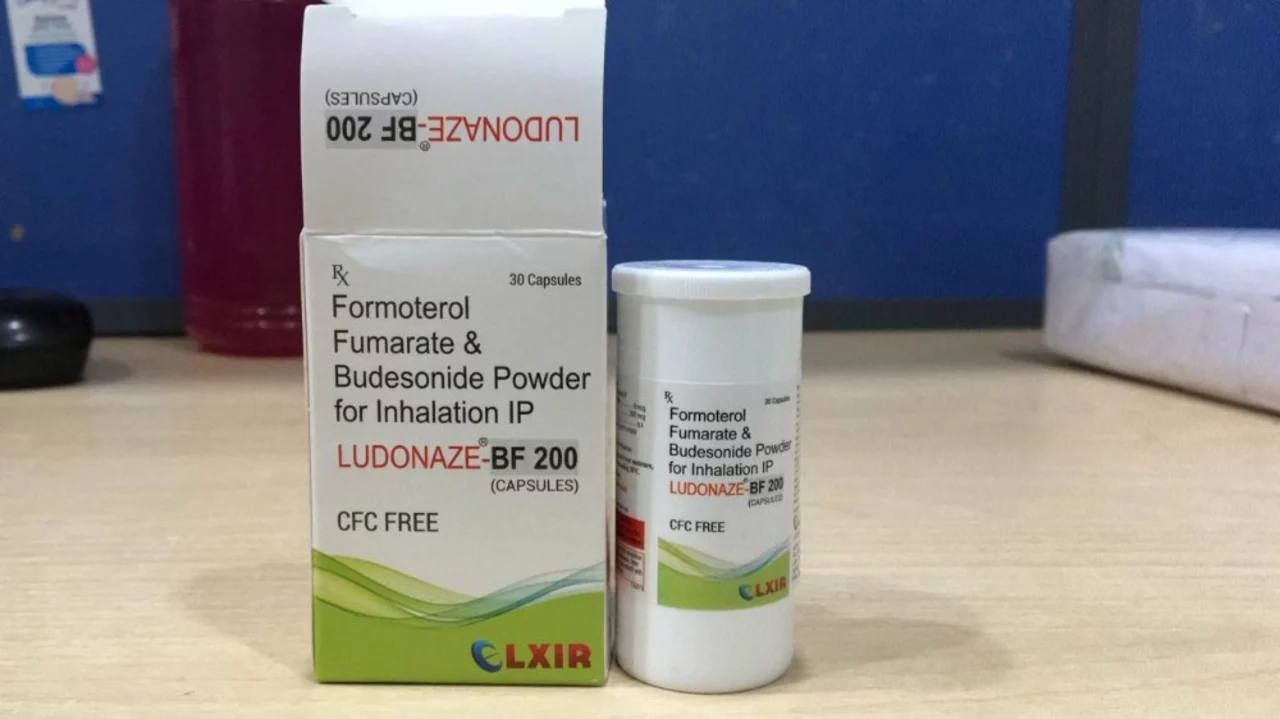Smoking Cessation: Real Help That Works
Quitting smoking is one of the best things you can do for your health, but it never feels simple. If you want practical steps that actually help, start by picking a quit method, setting a quit date, and lining up support. Small planning makes the first few days easier.
Nicotine replacement-patches, gum, lozenges-cuts withdrawal symptoms and doubles your chances of quitting compared with cold turkey. Follow the package directions and plan how you'll use patches during daytime and gum or lozenges for strong cravings. Keep a small supply with you so you don't reach for a cigarette when stress hits.
Medications and prescriptions
Bupropion and varenicline are prescription options that many doctors recommend. Bupropion can help with cravings and mood; varenicline reduces pleasure from smoking and eases withdrawal. Talk to your doctor about which fits your health profile. If cost is a concern, check prescription discount apps or trusted online pharmacies for legitimate savings and verified suppliers.
Be careful buying meds online: look for a licensed pharmacy, clear contact info, and secure payment. Avoid sites with no prescriptions required for prescription drugs. If you're unsure, ask your healthcare provider or pharmacist before ordering.
Practical habits that help every day
Change routines tied to smoking: if you always smoked with coffee, try tea or a short walk. Use the five-minute rule-delay a craving by five minutes and distract yourself. Keep your hands busy with a stress ball, toothpick, or fidget toy. Track triggers in a notebook so you can plan alternatives.
Build a short quit toolbox: nicotine gum or a starter patch, a list of phone numbers for support, a few healthy snacks, and a playlist that lifts your mood. Reward small wins-24 hours smoke-free, three days, one week-with something you enjoy that doesn't involve smoking.
Support matters. Tell friends and family your plan and ask for specific help, like not smoking around you or checking in on tough days. Consider a support group, quitline, or a counselor trained in smoking cessation. Many find texting programs or apps useful for daily reminders and encouragement.
If you slip, don't panic. Many people need several tries before quitting for good. Treat slips as learning moments: what triggered it, what you'll change next time, and what support you'll ask for. Keep trying-each attempt gets you closer.
Smoking affects mood, sleep, and energy, so expect changes as your body adjusts. Hydrate, get extra sleep, and move a little each day to ease stress. If cravings or mood swings feel overwhelming, call your doctor-adjusting medications or getting extra support can make a big difference.
Want checks or resources? Look for accredited quit programs, your primary care clinic, or a tobacco cessation counselor. If cost is an issue, explore community health centers or free quitlines that offer counseling and sometimes free nicotine replacement. Quitting is tough, but practical plans, the right meds, and steady support give you a real shot.
Start today-your future self will thank you for taking action soon.

